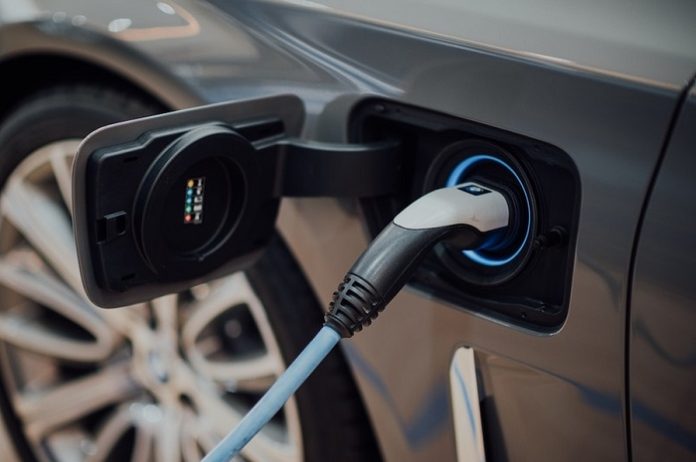A strategy involving high penetration of electric vehicles (EVs) could lead to a 14% reduction in the total energy requirement in 2030. The benefit is even greater in 2050 with an estimated 26% reduction, says The Energy and Resources Institute (TERI).
With increasing demand, manufacturing capacity, and domestic procurement of vehicle parts, the upfront purchase cost of electric two-wheelers has come down drastically. Some of the e-2W models even compete with petrol-powered two-wheelers, both in terms of cost and performance. The running cost of e-2Ws is significantly low, almost 3-times lower than the petrol vehicles, TERI said.
“The owners of EVs do not have to worry about external shocks leading to rising fuel prices,” Sharif Qamar, Fellow and Area Convenor, TERI, said.
The government has been incentivizing the purchase of electric vehicles through subsidies. Another positive point that has pushed the demand for e-2Ws is the low dependence on public charging stations since most of these vehicles are either charged at home or have battery swapping technology. The vehicle users are able to charge the vehicle at their convenience and reduce the range anxiety, which was earlier perceived as a key issue for the penetration of e-2Ws.
About the financial incentives that are now available for Electric Vehicles (EVs), Qamar said, “There is a certain degree of comfort with the financial institutions in providing loans for EVs, as compared to the scenario 2-3 years ago. Several banks have started providing Green Vehicle Loan facilities to cater to the rising demand, particularly in the commercial vehicle segment.”
The transition to electric mobility is slowly picking up. According to a government notification, 870, 141 EVs have been registered in India. In 2021, 329,190 EVs were sold in India, representing a 168% increase from 2020 sales of 122,607.
“Scaling up charging infrastructure and ease of financing will increase the uptake of electric two-wheelers and contribute to achieving the country’s ambitious climate, air quality, and energy security goals because two-wheelers account for 80% of India’s annual motor vehicle sales,” Amit Bhatt, Managing Director for India, The International Council on Clean Transportation (ICCT), said.
At COP26 last year, India pledged to achieve the net-zero target by 2070, and decarbonizing road transport is vital for this. Research from ICCT shows that electrification of transportation is an excellent strategy for achieving climate goals.
A recent study by ICCT, looking at a 5-year total cost of ownership, found that electric two-wheelers are cheaper than petrol two-wheelers, even if the petrol rates were to go down to INR 65 a litre.
Studies have shown that tailpipe emissions contribute to about 40% of PM2.5, 20% of PM10, and more than 80% of NOx and CO in ambient air pollution in cities like Delhi.
“A critical low-hanging opportunity where we can see the immediate impact of electrification on reducing air pollution is the urban freight and last-mile delivery segment,” Akshima Ghate, Managing Director, Rocky Mountain Institute (RMI), India, said.
RMI’s estimates show that registered delivery vehicles in Delhi emitted about 700,000 tons of CO2 in 2019 and if by 2030, all vehicles in this segment were electrified, it can lead to a cumulative reduction of 140 tonnes of particulate matter (PM) pollution and over 12,000 tonnes of nitrogen oxide (NOx).
On the occasion of World Environment Day on June 5, it is imperative for us to live sustainably in harmony with nature by bringing transformative changes through policies and our choices toward cleaner, greener lifestyles.
As many as 16 states, including Delhi, Maharashtra, Andhra Pradesh, Karnataka, Kerala, Madhya Pradesh, Tamil Nadu, Telangana, Uttarakhand, Goa, Gujarat, and West Bengal among others, have finalized their respective EV policies.









